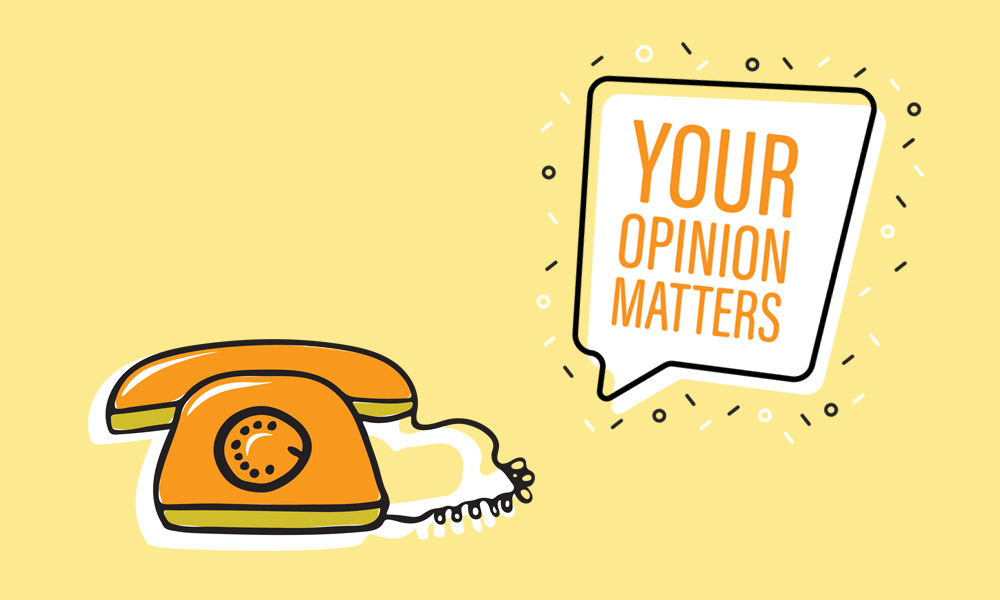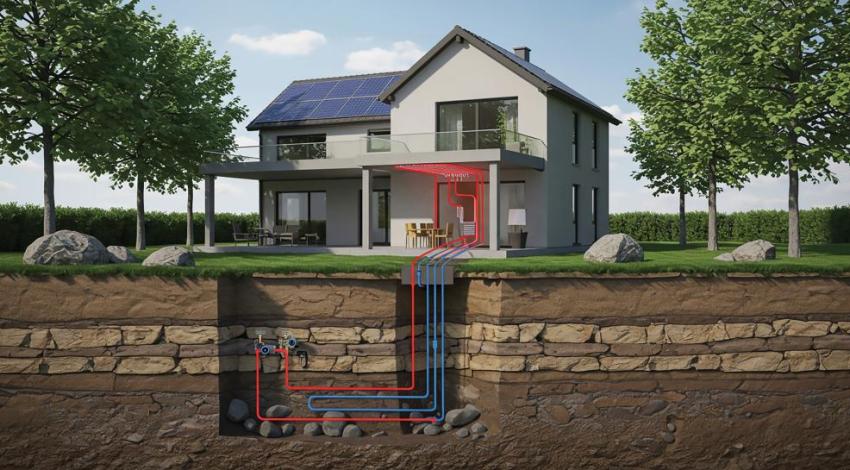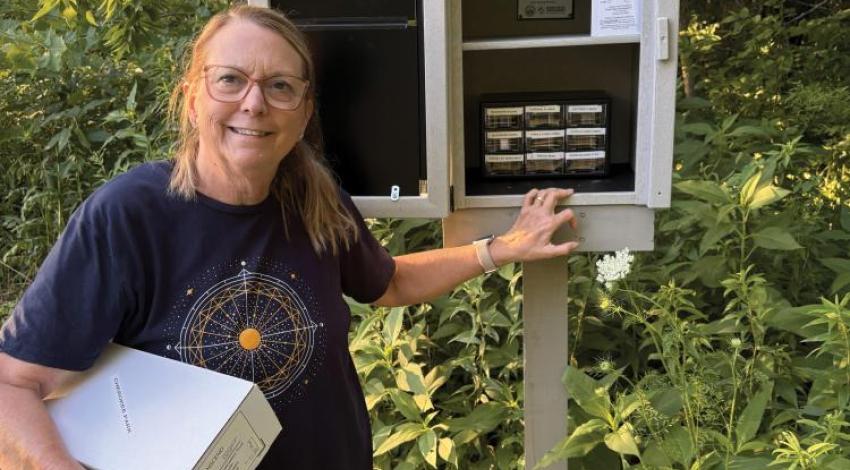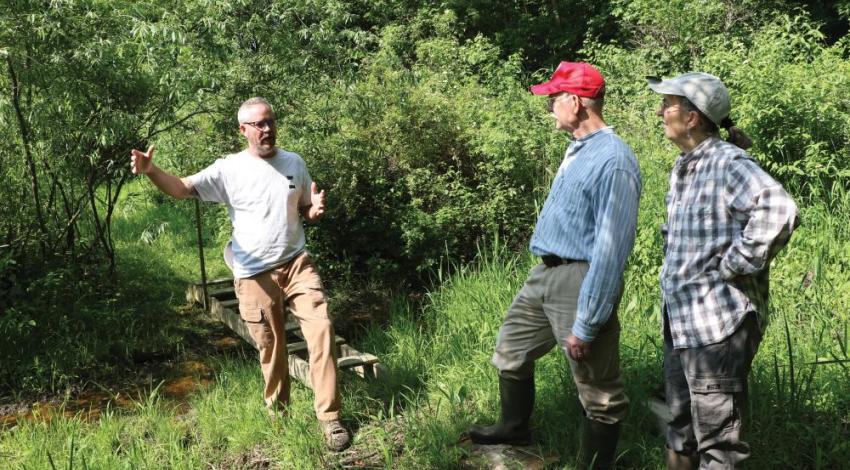It’s a situation nearly everyone can relate to: Your phone rings, you glance at the unfamiliar number, and you make the quick decision not to answer the call.
You don’t realize it immediately — perhaps you never will — but it turns out that call was someone conducting a survey on behalf of your electric cooperative.
For Jane Sanstead, the National Rural Electric Cooperative Association (NRECA)’s senior research analyst, that’s been one of the biggest obstacles throughout the past five years of conducting surveys.
“When I first started at NRECA Market Research Services, nearly 18 years ago, 100% of our surveys were being done by phone,” Sanstead says. “In the past five years or so, I feel that members are still more willing to spend time on a survey for their local electric cooperative than they would be for a political survey, but people’s behavior with phones has changed. Many people will not answer their phone if they don’t recognize the number calling them.”
How they work
In most surveys, not all members receive the survey — instead, only a small representative sample makes the list. So, what if by answering that one phone call or responding to an emailed member survey, you could help the co-op recognize areas where they may fall short?
Cooperatives exist for the membership, and surveys are an ideal way to measure their satisfaction. Many co-ops around the state take the time to review surveys and even respond directly to each member’s concerns. In some instances, those survey responses allow co-ops to pinpoint a recurring area of dissatisfaction.
The latter was the case for URE–Union Rural Electric Cooperative in Marysville.
“In past surveys we learned that members felt we didn’t always keep them updated during outages,” says Anthony Smith, URE president/CEO. “That feedback helped us make the decision to set an estimated time of restoration on outages, begin adding additional information in the phone response system, and increase social media posts during large outages.”
Additionally, for members who signed up for notifications in SmartHub (the smartphone app used by many co-ops), URE began issuing outage status updates in real time. It was simple, consistent feedback received through surveys that led to modifications internally, which, in turn, meant more satisfied members.
“Subsequent surveys have indicated that members appreciate the extra outage communication and give us higher marks in that area now,” Smith says.
Help the co-op help you
For Midwest Electric in St. Marys, low member satisfaction in the area of outage communication fostered one of the co-op’s main focuses for improved communication.
“On the ACSI survey, the question about outage communications has been our biggest improvement over the years,” says Matt Berry, Midwest Electric CEO. “Many years ago, our members rated us poorly when it came to communicating about power outages, so we made that a focal point and now offer a number of outage communications options. It’s no longer our lowest score area.”
The other helpful part about surveys is that they give co-ops an opportunity to confirm member satisfaction after they make needed changes or adjustments. Midwest Electric, for example, created a four-question survey called the service order (SO) survey that is sent automatically via email or mail whenever an SO is completed.
“We’ve had employee retirements that we either didn’t replace or we updated the new job description to reflect changing technology, different business needs, or to align with employee talent, so sometimes it can be difficult to recognize when that might create a gap in service,” Berry says. “Whether it’s the comment section in the surveys, or the question of whether we resolved your request to your satisfaction, we’re able to learn immediately if we’re having issues.”
Lots of info, lots of uses
The feedback allows an employee to follow up and address any issue right away, instead of allowing potential problems with a certain work process to affect overall member satisfaction. Co-ops may also survey members about their use of appliances in their homes, their opinions about Ohio Cooperative Living, or numerous other topics.
Cooperatives throughout the state find value in reviewing and analyzing survey results because those participating in the surveys are owners in the cooperative. Members’ opinions and feedback are important to the overall health of the cooperative. It’s that constant feedback loop that allows the cooperative to adapt as desires, technology, and needs of the membership evolve.
“The surveys are important because they give us insight into how we are performing for our members, whether or not we’re meeting their expectations,” Berry says. “We are member-owned, which means we only need to focus on our members and the job we’re doing for them.”
Surveys are on their way
Cooperatives have learned that letting members know when they are conducting a survey both increases credibility of the cooperative and confirms legitimacy of the survey. One way cooperatives make their members aware of surveys, particularly the ACSI survey, is by communicating through social media channels, their websites, and Ohio Cooperative Living magazine a couple months leading up to the survey.
Scam and telemarketing calls have increased throughout the years and many people just don’t want to talk to someone unless they know who it is.
Survey callers often spend more time dialing the phone than actually doing the surveys, leading to more surveys being done online. Surveys delivered to members through email can be convenient, allowing members to respond to the survey on their own time. But, as with phone calls, the increase in spam and phishing emails has made that method difficult as well.
“I’m glad people are aware that there are bad actors out there, often masquerading as a company they would otherwise trust, but it has certainly made our job more difficult,” says Jane Sanstead, the National Rural Electric Cooperative Association (NRECA)’s senior research analyst.
So, as the next round of co-op surveys revs up between March and June, consider answering a call from that unfamiliar number or taking an extra look for the emailed survey, because your cooperative values your feedback.
If you’re ever unsure of the validity of a survey, simply call your electric cooperative to verify its legitimacy.
“In the six or so years that I have been directly working with co-op employees, I have seen firsthand how much they care about their members,” Sanstead says. “A survey is one of just a few ways they can discover their members’ perceptions, needs, and beliefs directly from their members and from the most members possible.”









